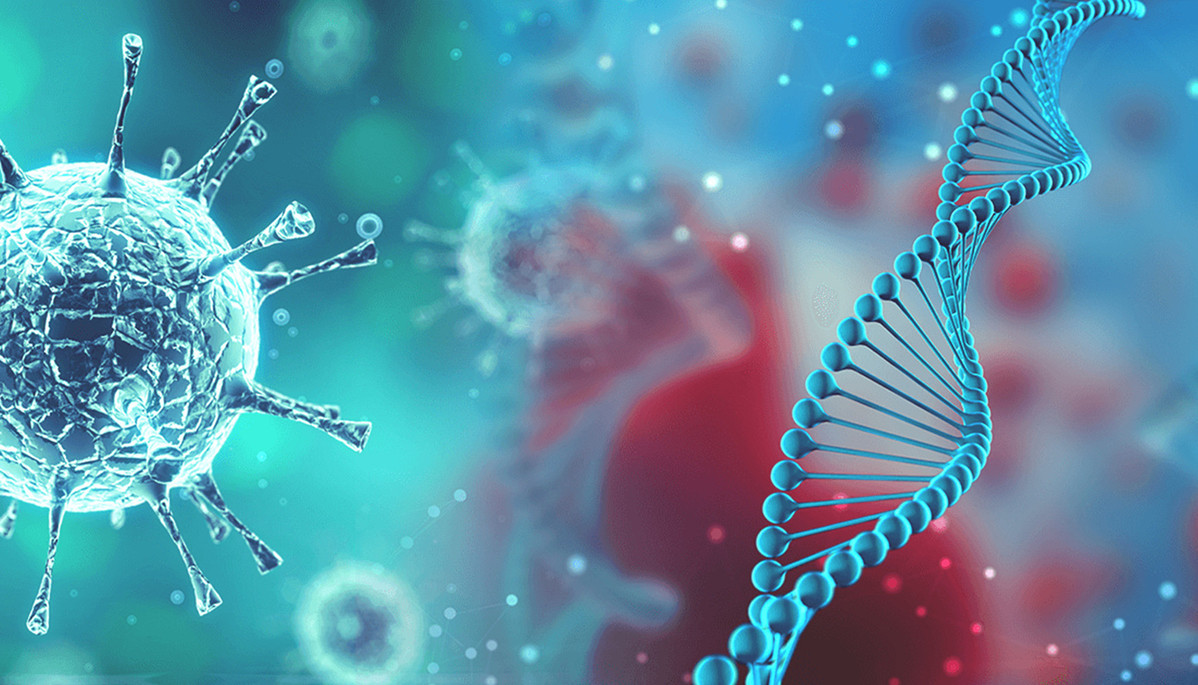Shared responsibility to fight common enemy: China Daily editorial


Thanks to the global community's joint endeavors since the novel coronavirus outbreak, we have learned a lot about this new public health threat. But not enough. There are still many questions that remain unanswered, and nothing can be taken for granted, or assumed.
The unknown nature of threat — particularly in terms of its true mortality rate — has naturally instilled fear in some. Especially, in those countries where there was evident schadenfreude as China battled with the virus in the city of Wuhan and then the rest of Hubei province.
Even while the number of cases and deaths rose in the province and the Chinese authorities committed nationwide resources, including military medical teams, to hold the virus in check in the province, it seems as if some countries on discovering their first infections believed they would be somehow spared the ordeal that China has endured.
Now with the confirmed number of infections outside China fast surpassing 70,000, and considering the pandemic's overseas spread is far from peaking in most countries, it is inevitable that the situation outside China is going to get worse before it gets better.
With the pandemic's current momentum, it may just be a matter of time before most of the world's major population centers are facing a rapid rise in the number of infections.
While the World Health Organization is coordinating full and thorough sharing of corresponding information across borders, the lesson from China, where the epidemic appears to have now been brought under control, is the general public must be better educated and mobilized to practice self-defense measures and understand the importance of self-quarantine when necessary.
Social distancing and individual precautions for self-protection have proved to be effective in China. They are a common responsibility that can make a real difference in curbing the transmission of the virus, particularly to those who are most vulnerable — the elderly and those with existing serious medical conditions.
Such actions are also psychologically important as they give people a sense of control in a situation that can otherwise seem overwhelming.
The clearing of supermarket shelves in some countries suggests some people are comfort shopping, either in the hope that they will be able to hunker down and survive what they see as a coming apocalypse or else to maintain a semblance of normality in their lives.
Such hoarding while it may shore up a sense of familiarity in the face of overwhelming uncertainty, belies the fact that this is a common threat that requires awareness not only of oneself but others.
As Tom Hanks, the well respected US actor, who is now in quarantine in Australia after being tested positive for the virus, said: "There are things we can all do to get through this by following the advice of experts and taking care of ourselves and each other…"
Today's Top News
- Sanya rises as magnet for Russian tourists
- China's steady opening-up for Asia-Pacific economic growth
- Blueprint seen as a boon for entire world
- 'Kill line' an inevitable outcome of US system
- Fusion energy drive entering a decisive phase
- Trump threatens 10% tariffs on 8 NATO allies





























